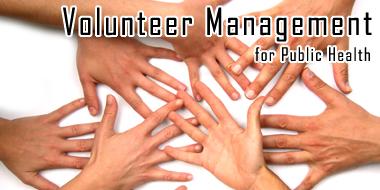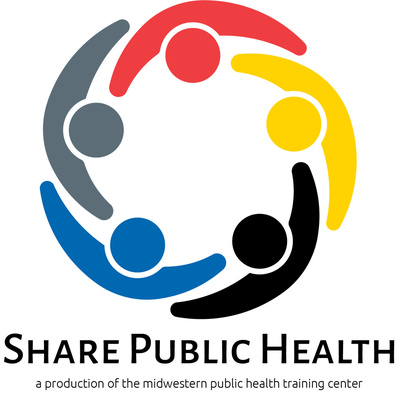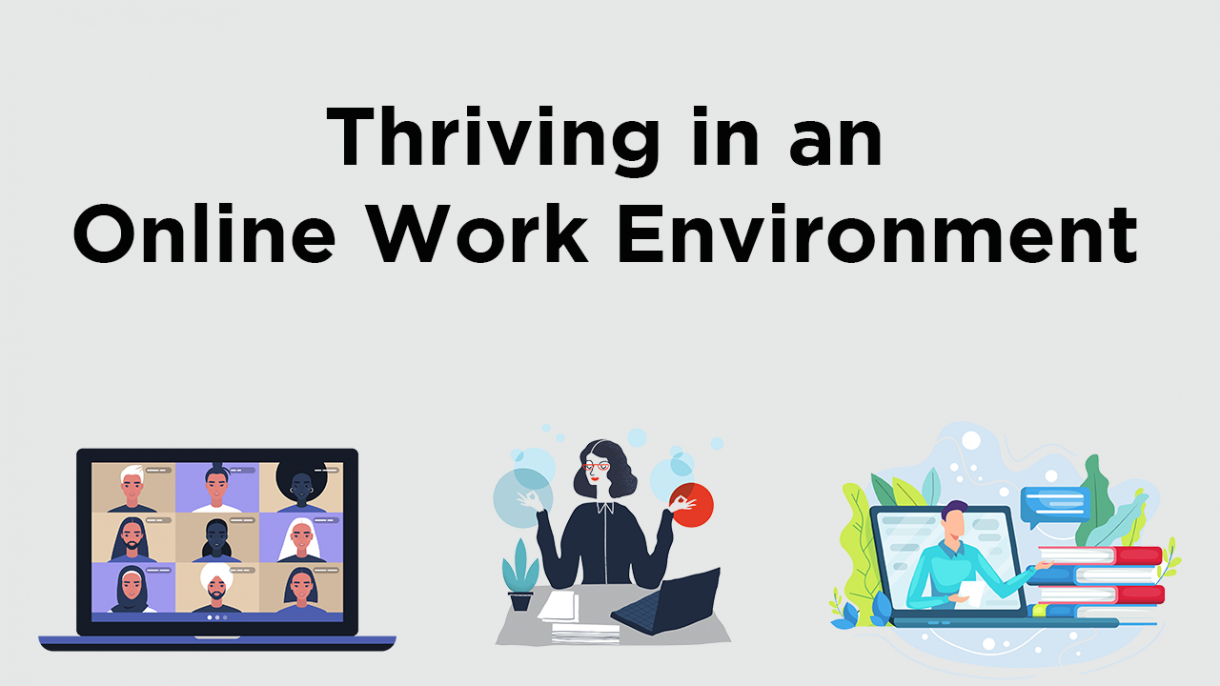Course Summary
There are five sections in this course:
- Section 1: Types of Volunteers
- Section 2: Important Considerations When Using Volunteers
- Section 3: VOLAGs, MRC, DMATs
- Section 4: Developing a Volunteer Program
- Section 5: Orientation, Training, and Deployment
There are review questions at the end of modules. These review questions will provide you with an opportunity to apply the knowledge and skills presented in these modules.
Intended Audience
public health agencies in Iowa who may need to utilize volunteers in both emergency and non-emergency situations
Learning Objectives:
After successfully completing this course, you will be able to:
- Listactivities that can potentially utilize public health volunteers in both emergency and non-emergency situations
- Listhow volunteers can potentially be used in each of the 4 phases of an emergency management cycle of a public health emergency
- Describethe difference between affiliated volunteers, non-affiliated volunteers and spontaneous volunteers
- Describethe challenge of spontaneous volunteers and strategies for dealing with them
- Describehow the issues of licensure and privileging may impact volunteers and their use
- Describethe Emergency System for Advance Registration of Volunteer Health Professionals and its advantages
- Describeliability laws protecting volunteers in Iowa
- Explainhow to minimize risk of liability when using volunteers
- Describeresources that can provide volunteers in a public health emergency (i.e., VOLAG’s, Medical Reserve Corps, DMATs)
- Communicateeffectively with public and professional community to provide information about volunteer opportunities, both before and during an emergency
- Maximizevolunteer retention, throughout all phases of an emergency management cycle, and in terms of availability for future events
- Performnecessary administrative tasks when preparing to deploy volunteers in a public health emergency (i.e., training, orientation, matching volunteers to tasks)
- Recognizepossible adverse effects of working in disaster areas on mental health; take steps to minimize volunteers’ risk of developing these problems
- Describestrategies to maximize volunteer retention
Pre-requisites/Learning Level
No pre-requisites
Competencies addressed
Core Competencies for Public Health Professionals identified
Domain 2: Policy Development/Program Planning Skills
- 2B3. Contributes to development of organization strategic plan (e.g., includes measureable objectives and targets; incorporates community health improvement plan, workforce development plan, quality improvement plan, and other plans)
CEUs Offered
None
Cost
Free
Modality/format
Online Self-Pace
Length
1 hour
Presenter(s) and/or Content Experts
Technical requirements:
- Adobe Acrobat Reader
- Flash Player
- Speakers
Registration requirements
Register a free account
Creation and/or update
October 21, 2014




